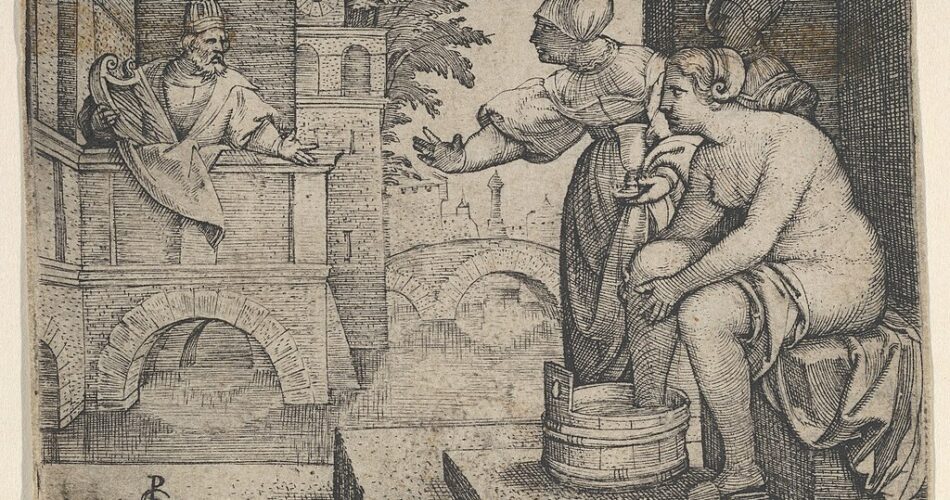Church Battles Controversial ‘Unjust’ Ruling
An Evangelical church in Italy, Breccia di Roma, is challenging an “unjust” tax imposed on it due to its perceived lack of traditional religious architecture. The church claims it is being asked to pay €50,000 (approximately $55,000) in allegedly accrued taxes solely because it identifies as Protestant and operates out of a former shop. Represented by the legal advocacy group ADF International, the church has taken its case to the European Court of Human Rights in a bid to defend its freedom to worship in its chosen space.
The Italian Tax Agency argues that the church’s interior does not meet the necessary religious appearance, prompting their demand for payment. Leonardo De Chirico, president of the church association, questioned the agency’s authority to dictate what constitutes a place of worship. He highlighted that the church serves as a vital community gathering space, where members meet for weekly services and Bible studies, and insisted that worship does not require a specific architectural style.
Despite initial victories in lower courts, the Italian Supreme Court of Cassation ruled against Breccia di Roma in May 2024, stating that the church had not made structural changes consistent with traditional religious spaces. However, the court did not specify what these necessary alterations should be for an Evangelical church. With no further legal options available within Italy, the church has now appealed to the European Court of Human Rights, asserting that Italy is violating Article 9 of the European Convention on Human Rights, which protects the right to worship freely.
ADF International contends that the church’s ability to gather and worship according to its Evangelical traditions is clearly safeguarded by Article 9. Lidia Rieder, a legal officer with the organization, emphasized that the church should not have to justify its architectural style to government authorities, as its modest design reflects its religious values. The group argues that the Italian authorities overstep their bounds by questioning how the church’s beliefs are expressed in its physical appearance.
Breccia di Roma acquired and renovated the building in 2015, receiving approval from the Ministry of Cultural Heritage, Activities and Tourism to classify it as a church without making major modifications. This classification typically qualifies places of worship for tax exemptions. However, following an inspection, the Tax Agency denied this status and initially sought over €11,000 (around $12,000) in taxes. While a lower court ruled in favor of the church, declaring that it could not be linked to commercial activities, the Tax Agency continued to argue that Breccia di Roma did not resemble conventional places of worship. De Chirico stressed that the church’s mission is not profit-driven but focuses on spiritual community, raising concerns about the implications of the case for religious freedom in Italy.
